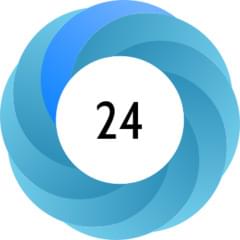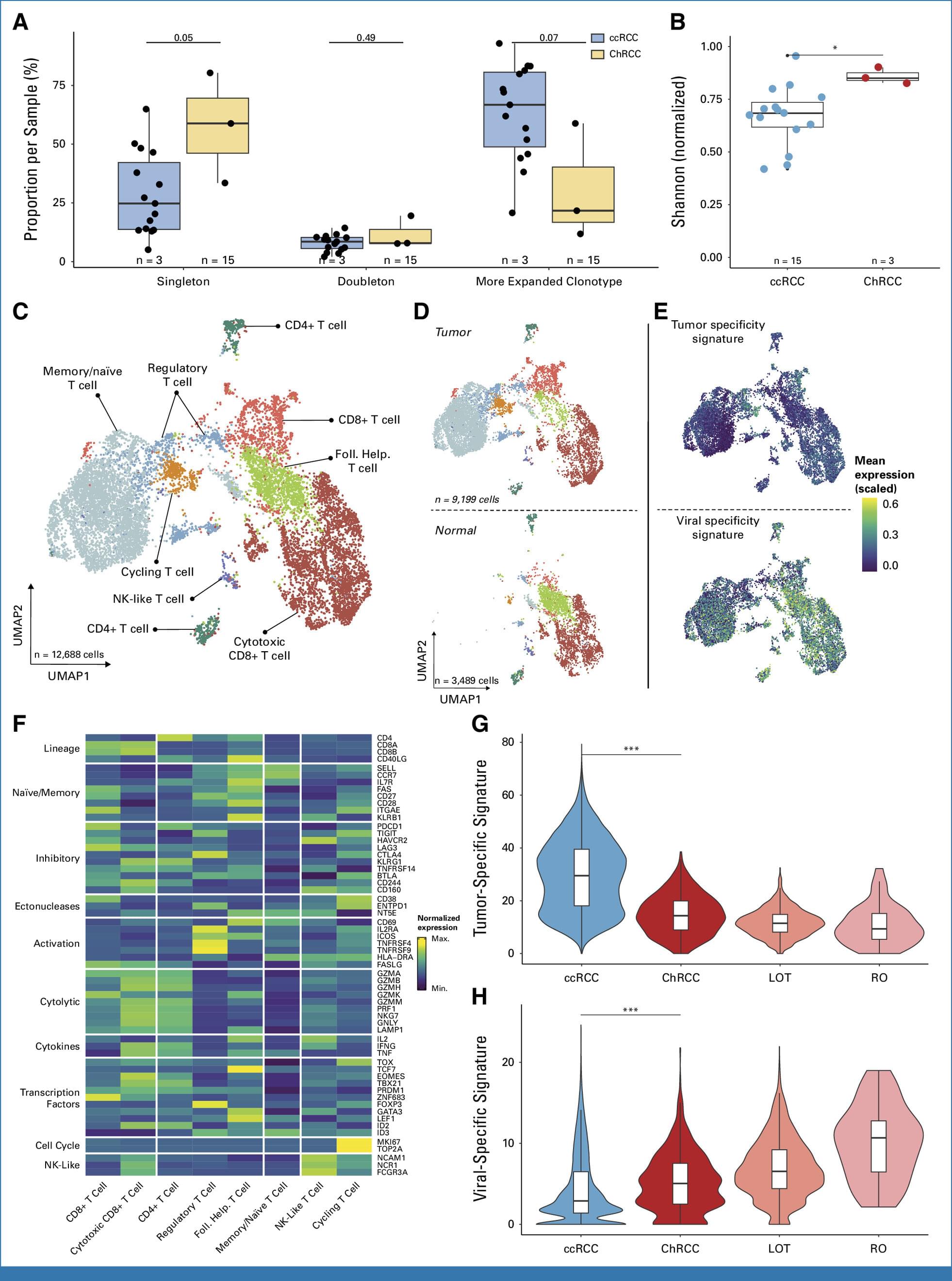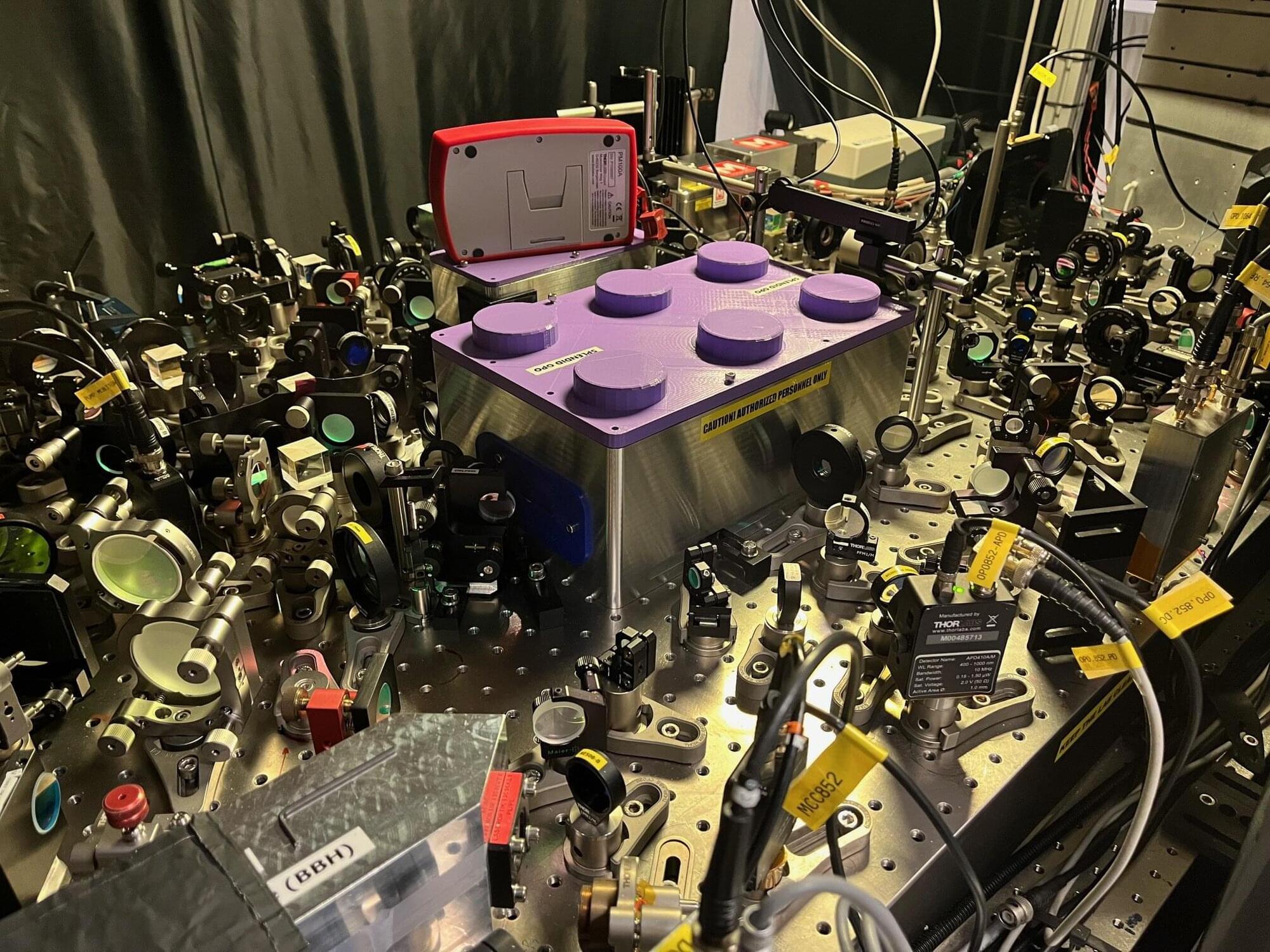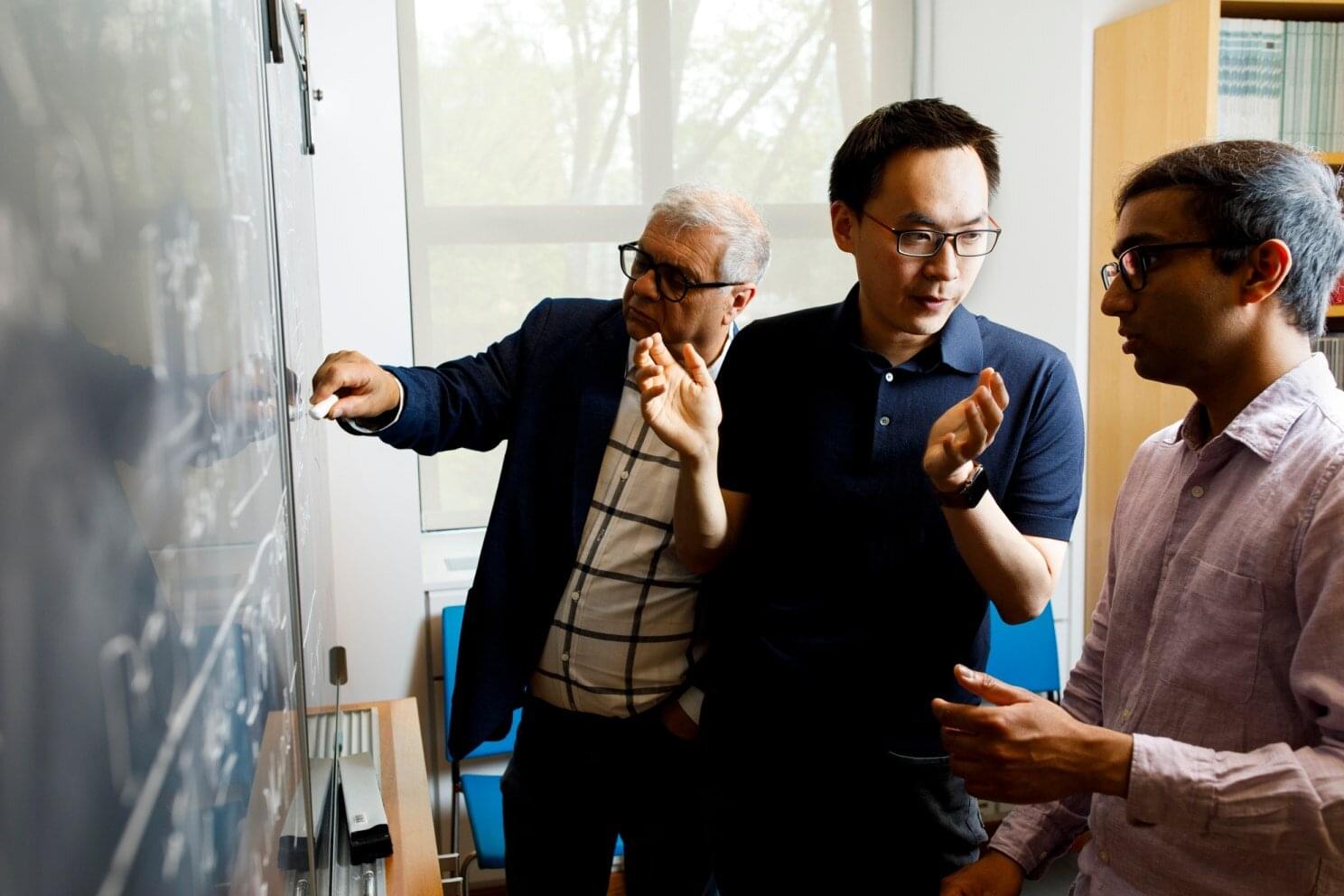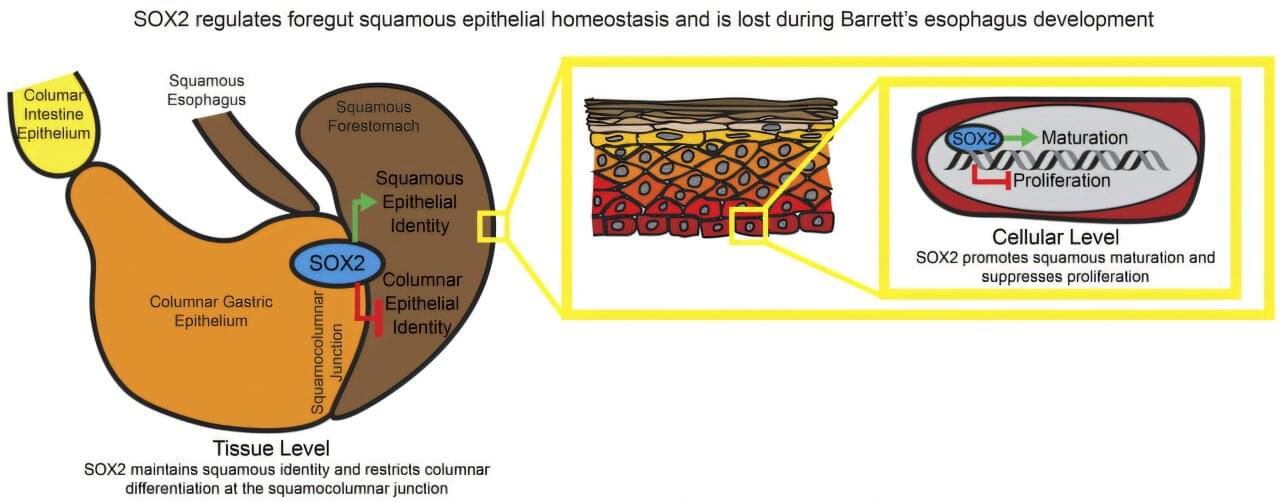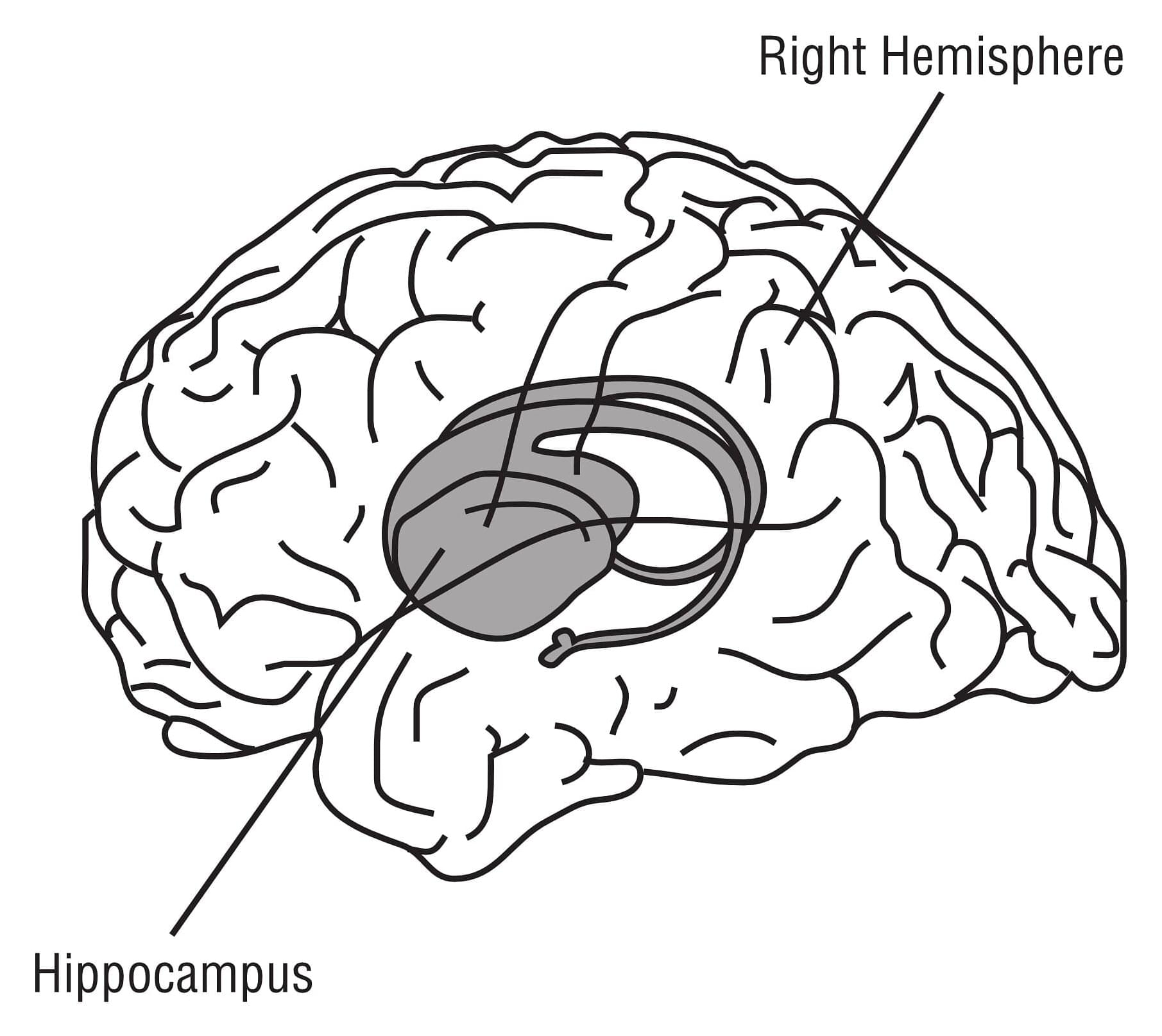Germline cells play a key role in the transmission of phenotypes and physiological adaptations to subsequent generations (1). Over a century ago, August Weismann proposed that changes in somatic cells cannot be passed on to germ cells or offspring, a theory known as the Weismann barrier (2). Nevertheless, recent studies have proven that the Weismann barrier is permeable, and information can pass from soma to germline and modulate offspring phenotypes. In the past decade, there has been tremendous interest and progress in understanding how an altered microbiome (dysbiosis) affects different somatic cells that compose body tissues, such as brain, liver, heart, kidney, and lungs (3). Nevertheless, whether gut microbiome dysbiosis can exert an influence on the mammalian germline cells (i.e., gut to germline), and ultimately nonexposed offspring, remains unclear.
To tackle this research question, my colleagues and I established an inducible model of gut microbiota dysbiosis in isogenic male mice, using ad lib nonabsorbable antibiotics (nABX) that cannot cross the epithelial barrier of the gut (4). As expected, 6 weeks of low-dose nABX treatment led to a physiologically significant dysbiosis, which is reversible and gradually normalized to a physiologically healthy gut microbiota after 8 weeks of nABX withdrawal (6 weeks + 8 recovery). The induced dysbiosis after 6 weeks of nABX had no appreciable effects on male body weight, growth, or fertility. No nABx residues were detected in the serum or testes of treated males, which confirmed that any distal tissue responses are gut dysbiosis–induced rather than systemic drug effects.
We then examined physiological changes in the male reproductive system in response to 6 weeks of dysbiosis. Dysbiotic males had smaller testes, lower sperm count, and more abnormally shaped sperm. Histological analysis uncovered a wide range of anatomical abnormalities in testes of dysbiotic males, including increased number of abnormal seminiferous tubules, reduced epithelial thickness, and absence of mitotic compartments, which were not observed in control testes. Testicular metabolomic profiles revealed that testes clustered according to gut microbiota status and exhibited dysregulated sphingolipids, glycerophospholipids, and endocannabinoids, all known to play pivotal roles in germ cell function. Moreover, in dysbiotic male testes, spermatogenesis-regulating genes were misexpressed—most notably leptin, a reproductive hormone, was strongly down-regulated.

